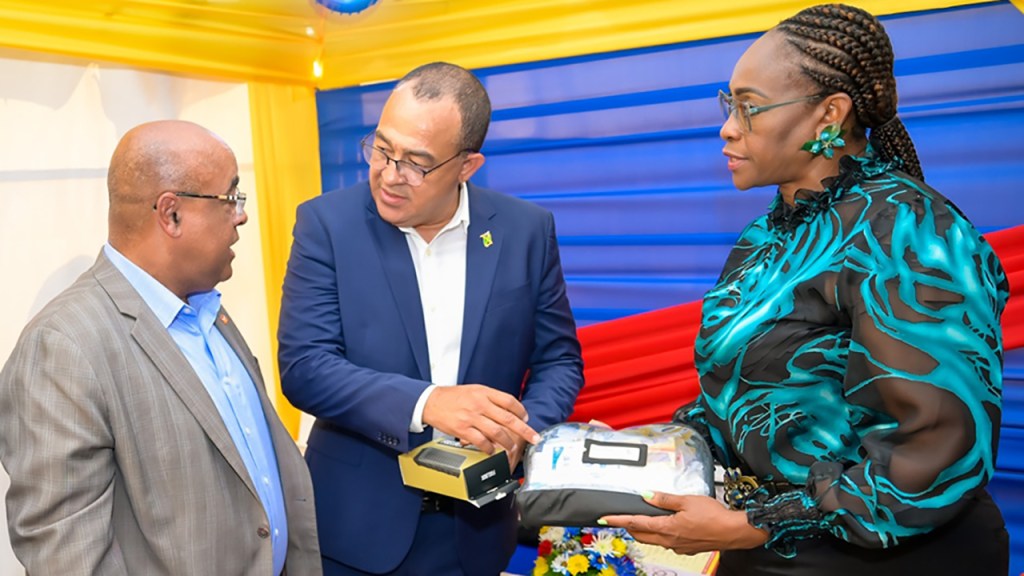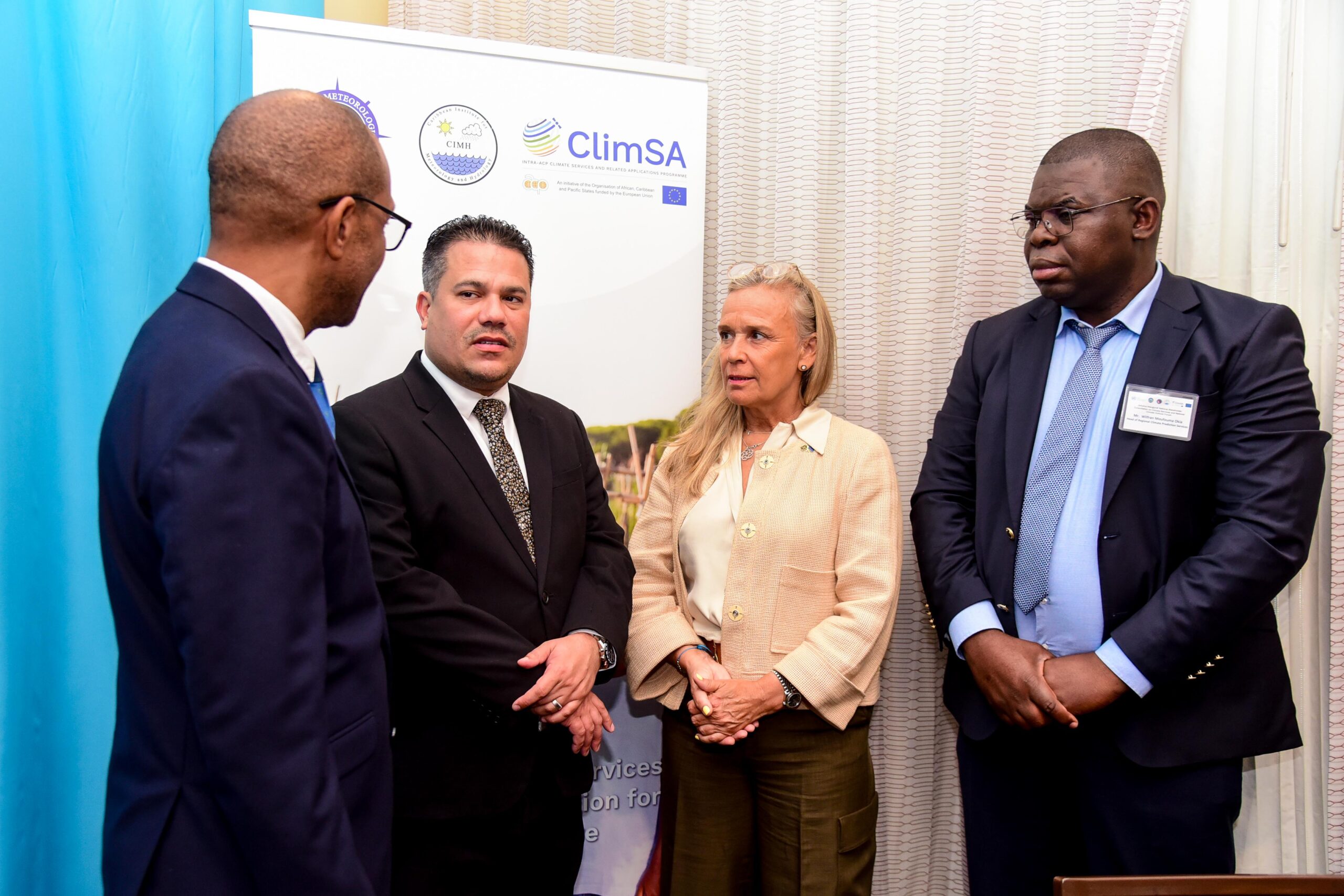KINGSTON, April 29 (JIS):
Minister without Portfolio in the Ministry of Economic Growth and Job Creation, Senator the Hon. Matthew Samuda, says the outcome of discussions arising from the Jamaica National Stakeholder Consultation on Climate Services and the 1st National Climate Forum (NCF-1) will assist in guiding the Government’s planning for climate change.
This, he points out, is important for climate mitigation as well as building Jamaica’s resilience.
“We look forward to the discussions that will, no doubt, take place. We look forward to the basis of planning for the Government to streamline its investments to ensure you have the tools that you need to better advise us, that the WRA (Water Resources Authority) has the tools to digitise its monitoring network, and that all of the agencies that touch our planning mechanisms have the tools. But we need to know what we are facing, and we’re guided by your expertise,” Minister Samuda said.
He was addressing the opening ceremony for the Jamaica National Stakeholder Consultation on Climate Services and the 1st National Climate Forum (NCF-1) at the Courtyard by Marriott Hotel in New Kingston on Monday (April 29).
Senator Samuda said given the fact that the climate has changed and continues to do so, investments in and collaborations on building Jamaica’s predictive and scientific capacity must be prioritised.
“Ultimately, we need to be able to assess our current climatic realities if we are to better plan, if we’re to insist and ensure that our infrastructure meets the needs that we need it to. I’m very happy that this event is happening… because this is a critical issue.
“Jamaica, last year, faced its worst and most severe drought… and this year, we’re already seeing the impacts of not quite as severe a drought but, certainly, a drought with severe impacts, especially in the western part of the country,” he said.
Principal Director, Meteorological Service of Jamaica, Evan Thompson, explained that the forum aims to, among other things, establish a collaboration platform for climate services providers and users to understand risks and opportunities of past, present and future climate developments, as well as improve inter-agency coordination of policies, plans and programmes.
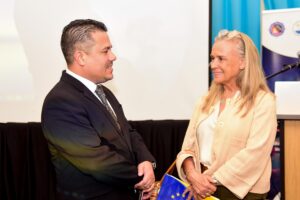
Among the other presenters were Ambassador, European Union to Jamaica, Her Excellency Marianne Van Steen; Chief Scientist/Climatologist, Caribbean Institute for Meteorology and Hydrology, Adrian Trotman; and Head, Regional Climate Prediction Services, World Meteorological Organization, Wilfran Moufouma-Okia.
The Meteorological Service of Jamaica hosted the Jamaica National Stakeholder Consultation on Climate Services and the 1st National Climate Forum (NCF-1) in partnership with the Caribbean Institute for Meteorology and Hydrology and the World Meteorological Organization.
The National Stakeholder Consultation is a governance mechanism that guides how different sectors or actors work together to create products that contribute to adaptation and resilience-building. It seeks to create a road map for the development and implementation of climate services to inform decision-making.
NCF-1 aims to bridge the gap between climate providers and users. It increases the use of science-based information in decision-making and operations with the aim of generating and delivering co-produced and co-designed products and services.
CONTACT: CHRIS PATTERSON


 Health1 week ago
Health1 week ago
 Caribbean News6 days ago
Caribbean News6 days ago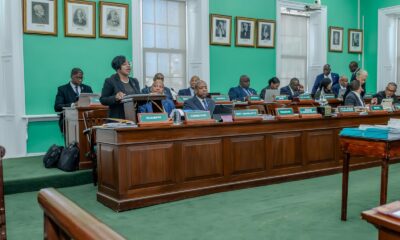
 TCI News6 days ago
TCI News6 days ago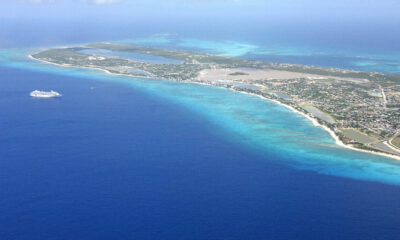
 TCI News6 days ago
TCI News6 days ago
 TCI News4 days ago
TCI News4 days ago
 Caribbean News6 days ago
Caribbean News6 days ago
 world news1 week ago
world news1 week ago
 Bahamas News6 days ago
Bahamas News6 days ago













